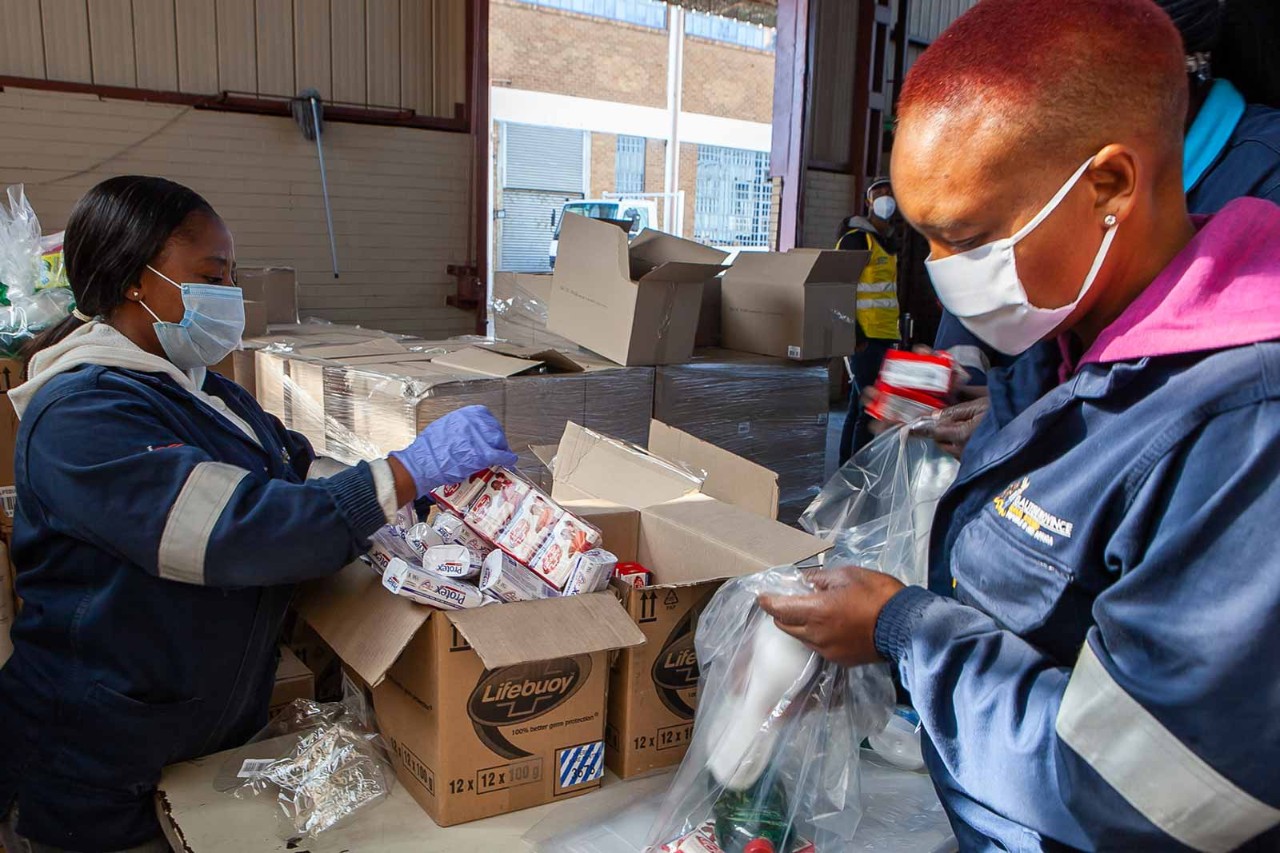
During the Covid-19 lockdowns of last year, I sat in virtual meetings with a group of C-suite executives of capital market operators in Nigeria – people who make up what could be called Nigeria’s Wall Street. Our capital market support committee on Covid-19 spent several hours of several days between April and September discussing how to help in the fight against Covid-19.
In the discussions, one theme kept recurring – the need not just to do some one-off charity work, but to put something together that would outlast the pandemic. It needed to be something that would be profitable yet meet the needs of stakeholders other than owners or shareholders. It was refreshing to see these smart, capitalist-minded finance types seriously discussing the greater good, while seeking profits.
Stakeholder capitalism is on the upswing, and the long-held view that the purpose of business is to maximise shareholder wealth is being redefined. There is a growing understanding that the needs and objectives of other stakeholders are just as important. Boardrooms are realising that it makes business and financial sense to also consider non-shareholder stakeholders in corporate decision-making.
Altruism feeds profit
Academic databases are awash with studies from around the globe making a case for this, encouraging businesses to act differently, not just for altruistic reasons but for better financial performance. More business leaders seem to be getting this message, which is now so loud that hardly any business or economic forum goes by without someone mentioning it. Nothing shows this more than the fact that the subject was the dominant theme at last year’s World Economic Forum.

On the African continent, health crises have always brought out the best in our businesses
Further information
Read the World Economic Forum’s report Measuring Stakeholder Capitalism: Towards Common Metrics and Consistent Reporting of Sustainable Value Creation
On the African continent, health crises have always brought out the best in our businesses. For example, the ebola outbreak of 2014 led to the establishment of the Africa Against Ebola Solidarity Trust (AAEST), a coalition of businesses that helped in no small measure in the fight against the disease. Covid-19 has brought about coalitions of businesses seeking to join the battle against the pandemic – from the National Business Compact on Coronavirus in Kenya encouraging handwashing to the Coalition Against Covid-19 in Nigeria providing much needed infrastructure, equipment and food in the fight against the virus.
Many South African businesses gave to the anti-Covid effort through the country’s Solidarity Fund, some by way of payroll support. It’s the same in many countries across Africa. Other crises on the continent, from floods to famines, have also seen corporates get involved.
Africa’s age-old model
Stakeholder capitalism is not new to Africa. It’s been here a long time. It existed in traditional African societies long before colonialism. Many African cultures required big farmers not to take up their entire crop at harvest but leave a little behind for the poor to pick up afterwards. Farms of soldiers who went to war were tended by those who did not, and young adult men who had come of age to own farms but did not have yam seedlings to plant were given some by the big farmers, irrespective of whether or not they had familial relationships with them. Employees were also recognised as integral to profitability, and young men who worked for big farmers were eventually set up with land and seedlings to start their own farms.
A pointer to rising stakeholder capitalism is businesses’ environmental, social and governance (ESG) actions. Today, companies on the continent are increasingly burnishing their ESG credentials. In 2019, four of the largest FMCG companies on the continent launched the African Plastics Recycling Alliance, each setting ambitious recycling and re-use targets for their plastic containers.
A good number of the largest companies in Nigeria are members of the Private Sector Advisory Group, which is working with the Nigerian government and the UN to help efforts towards the UN’s Sustainable Development Goals in the country. And private equity funds in the largest markets on the continent have helped ESG establish a foothold in many African businesses by ensuring the companies they back meet the highest ESG standards.
Capital with a conscience
Green projects are becoming popular on the continent, and there is a rise in fundraising for these projects, as investors continue to show support for environmentally friendly projects. In the past three years, companies across the continent have tapped the pool of green funds made available by an increasing group of investors who are putting their money where their hearts are. With Kenya’s Acorn Holdings, Nigeria’s Access Bank and North South Power, South Africa’s Nedbank, and multilateral organisations such as the Africa Finance Corporation and African Development Bank successfully issuing green bonds, that space is becoming well established in Africa.
Ethical and faith-based funds are also growing in capital markets around the continent. Funds are popping up to invest in healthcare, green projects and affordable housing. These funds are attracting interest from investors who care about the effects on society of such things as alcohol, tobacco and gambling. This growing pool of investors are willing to take less yield in return for contributing to what they believe. Businesses should take note.
It’s time for those who are not already on board to get on, and for those who are already with the programme to be more deliberate about their actions. It’s clear that today’s customer wants to do business with companies that are not only there for the good of their owners but also for the rest of society.



